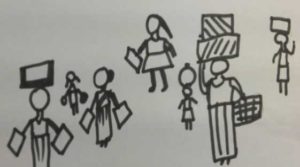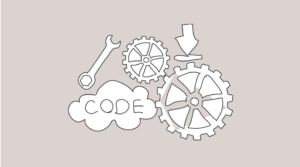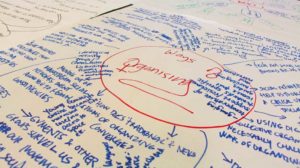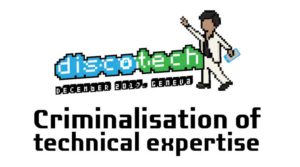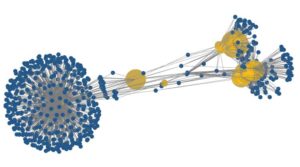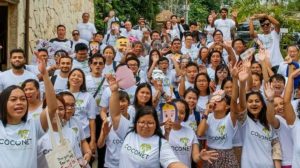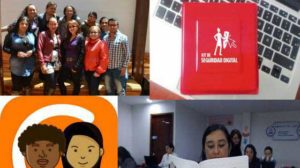“This needs to be held and respected. Digital storytelling is not simply about creating stories but also about sharing, learning and listening.” (Ethics section in stories.apc.org)
Through the project Building EROTICS Networks in India, Nepal and Sri Lanka on sexuality and the internet, APC WRP conducted two digital storytelling workshops as part of its feminist approach to free and open source technology use and the promotion of creative commons licensing.
The first was hosted in collaboration with the Women and Media Collective in Colombo, Sri Lanka, in July, with 15 participants who created digital stories in Sinhalese, Tamil and English. The second also took place in July, in Kathmandu, Nepal, in partnership with LOOM Nepal, where 18 participants created digital stories in Nepali and English. LOOM subsequently hosted a local digital storytelling workshop with 11 participants.
Since the storytellers are the ones who decide if their stories will be released into the public domain, all the stories for which we have permission can be viewed here.
To watch out for: Given the power and popularity of storytelling in the feminist movement, the APC Women’s Rights Programme will keep using elements of storytelling in various workshop spaces. We will be capturing the methodologies used and making these available on the stories.apc.org platform.
Image: Screenshot from the digital storytelling video “How Many Check Points“, created at the digital storytelling workshop in partnership with Women and Media Collective held in Colombo, Sri Lanka.
